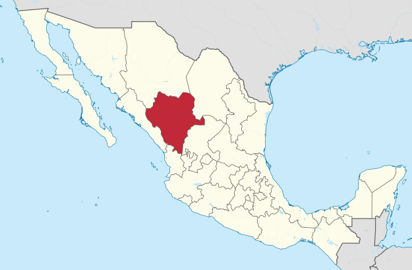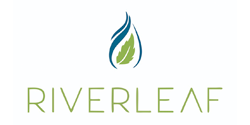Durango State

Traditional agriculture is still the main economic activity for most of the population, despite only ten percent of the land being suitable for crops, and only fifteen percent being suitable for pasture. The main crops include corn, beans, chilli peppers, apples, alfalfa, and sorghum. Fruits such as apples and pears, nuts, membrillo, apricots and peaches. Some cotton and other crops such as alfalfa, wheat, grapes, sorghum and corn are grown. Livestock is another important activity raising sheep, goats, cattle and chickens.
The state ranks second in Mexico in expanses of temperate forest land areas with 4.9 million ha. It is the country's main timber producer and the largest timber stock, estimated at 410,833,340 m3. Its output accounts to between 20 and 30% of Mexico's total, producing mostly pine (73.3%) and oak. Although 18 municipalities have forestry operations, six account for just under 80% of the production.
Mining is an important economic activity. Durango is one of Mexico's leading producers of gold. There are deposits of gold and silver, has deposits of gold, silver, iron and mercury.
Are factories which make cars, textiles, clothes, soap, oils, cookies, pasta and more. Food process, especially of chicken and dairy is important here as well.
Tourism is a small industry here, despite the state's natural resources and history.
GDP DURANGO $14,182 million of USD






